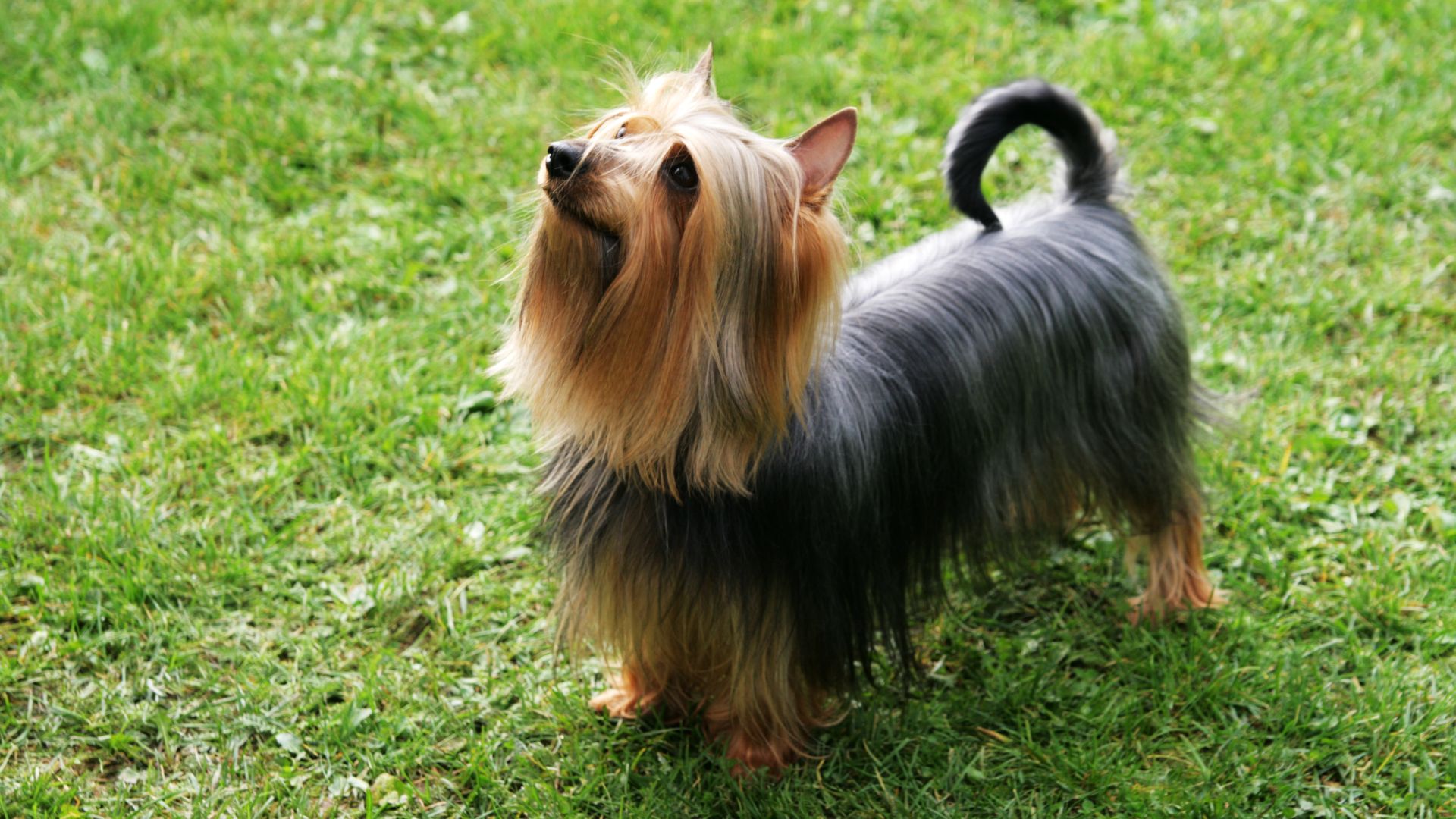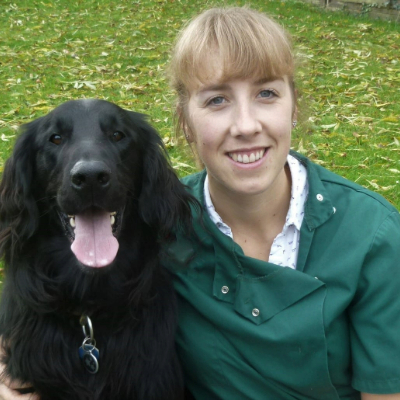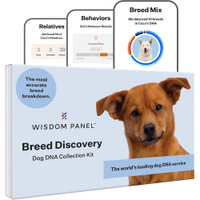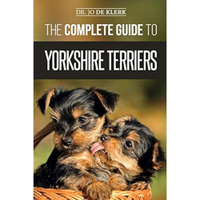Yorkshire Terriers are former hunting dogs that have since become more used to chasing their owners’ affections
These small dogs believe they’re bigger than they are and it’s this confidence that has helped make them so popular


Life expectancy: 11-15 years
Size: 7-8-inches (male); 8-9 inches (female)
Coat: Silky and straight
Temperament: Confident, feisty, independent, bold and intelligent
Exercise needs: About an hour daily
Origin/native country: United Kingdom
Yorkshire Terriers have long been popular and that’s generally down to two things. First, their ability to capture rats in England’s 19th century mines and mills, which is the reason this British breed was bred in the first place. And second, their ability to melt hearts in more recent times thanks to being one of the cutest dog breeds.
But, as you will see in this guide, Yorkies are quite complex little dogs and while they’re small, they have a propensity to think big. Their confidence and bold nature certainly belies their size and that means they can often be a little bold and feisty.
That does, however, lend some edge to their personality which, combined with a spring in their step, makes them adorably fascinating. But does that mean you will find this terrier breed a welcome addition to your home? We take a look, with advice from expert vet Dr Rebecca MacMillan.
Does a Yorkshire Terrier need a lot of exercise?
Yorkshire Terriers are active and energetic but their small size means it doesn’t take long for them to burn off their excess energy.
“They only require moderate amounts of exercise, around 30–60 minutes per day depending on their age and health status,” says Dr MacMillan.
But while you should keep the walks at a steady pace, there are some things to bear in mind.
As with any breed, you need to keep Yorkshire Terriers mentally stimulated but that’s as simple as getting them the best dog toys and engaging in a game of fetch. You should also allow them time to run off leash in a safe area, for while they are among the best small dog breeds, they won’t feel content sitting around on the sofa all day.
PetsRadar Newsletter
Get the best advice, tips and top tech for your beloved Pets
Are Yorkshire Terriers easy to train?
Yorkshire Terriers are people pleasers and they have above average intelligence. According to Stanley Cohen’s respected book, The Intelligence of Dogs, they will obey a first command more than 70% of the time and they will understand new commands after about 15 repetitions.
Yet training isn’t always as straightforward as you may imagine it to be.
“It can be easy to let the training slip in these cute little dogs, but it’s important not to,” says Dr MacMillan.
The main issue is that Yorkies have short attention spans. They also suffer social anxiety.
“They can be very headstrong as well so consistent training from an early age is important,” Dr MacMillan adds. “Some owners report housetraining to be tricky in these dogs, so plenty of patience is key.”
Even so, start with basic commands and be aware that Yorkshire Terriers respond well to positive reinforcement. Consider learning how to crate train a dog, too, because Yorkies form strong attachments to their owners and they are among the dog breeds most likely to have separation anxiety.
Do Yorkshire Terriers make good family pets?
Although Yorkshire Terriers look cute and appear to be a perfect playmate for a small child, they’re not actually a good fit for young families.
“Yorkies are fun, playful and loyal, but they can be a bit feisty,” says Dr MacMillan. “Yorkshire Terriers are reasonably adaptable but, in my opinion, they would be best suited to families with older children.”
Young children can simply prove too much for Yorkies who risk getting hurt if kids play rough games. And they’re not known for being patient either.
“They often bark a lot and some can be quite reactive, so mixing this with young children is not ideal,” Dr MacMillan adds.

Do Yorkshire Terriers need a lot of grooming?
Yorkies are among the high-maintenance dog breeds that require extra time, care and effort and much of that is to do with their long, silky coats.
“The coats require frequent brushing to keep them tangle-free and you may also need to tie their hair out of their eyes in a ‘top knot’,” Dr MacMillan says. “Some owners have their dogs clipped or trimmed which makes their coats easier to manage but can mean a trip to the groomer every six to eight weeks.”
The good news is that Yorkies don’t need regular baths. “As with all dogs, you shouldn’t bathe a Yorkie too frequently or the oils could be stripped from its coat,” she adds. And, despite all that fur, this breed won’t be leaving hair all around your home either.
“These small dogs are low shedders,” Dr MacMillan says. “But while they might be considered hypoallergenic compared to many other breeds, they could still trigger a reaction in sensitive allergy sufferers.”
Wisdom Panel Breed Discovery DNA Kit | Amazon
Not sure exactly what breed your dog is? This kit screens for 365+ breeds – because knowing every detail about your dog helps you understand how best to care for them.
Common health problems in Yorkshire Terriers
Yorkshire Terriers are prone to several health complaints which affect many other small dogs too.
“These include patellar luxation and reverse sneezing,” says Dr MacMillan, of problems affecting the kneecaps and a condition known as paroxysmal respiration where air is quickly sucked in through the nose.
Dental disease is also extremely common in Yorkies.
“This results in inflamed gums, tartar build-up, and loose teeth,” Dr MacMillan explains. “Unfortunately, I have had to extract many teeth from Yorkshire Terriers over the years but introducing daily toothbrushing from an early age will help to prevent this.
Tracheal collapse is common in this breed as well.
“The rings of cartilage in the windpipe become weakened as the dog ages, leading to a collapse of the airway,” Dr MacMillan says. “This results in a honking cough and may require surgery to correct.”
Should I get a Yorkshire Terrier?
Yorkshire Terriers are sprightly and affectionate and their personality is sure to win anyone over. They become very close to their owners and they provide an abundance of laughs and love as you embark on life’s adventures.
But that’s not to say you should immediately rush out and get one. Although they are great for anyone leading a relatively inactive life and a wonderful if your home is small, you do need to consider the amount of time needed to look after this breed and you should bear in mind their feisty nature, which can make them less appealing if you have small children.
Yorkies are also a little yappy and they need to be properly socialized so that they get on well with strangers. With a strong, positive approach, however, Yorkies are wonderful to have around.
The Complete Guide to Yorkshire Terriers | Amazon
Using interviews with several top Yorkshire Terrier breeders, author and experienced Yorkie owner Dr Joanna de Klerk has created an in-depth look at what it really takes to successfully live with, raise, and train a Yorkshire Terrier.
Want to learn more about dogs? Here are some of expert behaviorist Helen Master’s favorite dog facts

Rebecca is a veterinary surgeon who graduated in 2009 from the Royal Veterinary College in London. She has a wealth of experience in first opinion small animal practice, having done a mixture of day-to-day routine work, on-call emergency duties and managerial roles over the years. Rebecca enjoys medicine in particular and she is proud to have recently achieved a BSAVA postgraduate certificate in small animal medicine (with commendation).
She writes on various feline and canine topics, including behavior, nutrition, and health. Outside of work and writing she enjoys walking her own dog, spending time with her young family and baking!
Edited by Georgia Guerin.
Recent updates
This feature was last updated in April, 2025.

David Crookes has been a journalist for almost 30 years and he has written for a host of magazines, newspapers, websites and books including the World of Animals Annual, BBC Earth, Live Science, The Independent and Tom’s Guide.
Born in England, he lives with two cats but he’s also keenly interested in the differences between the huge number of dog breeds – in fact, you can read many of his breed guides that he’s written in collaboration with vets here on PetsRadar.
With a lifelong passion for technology, too, he’s always on the lookout for useful devices that will allow people to keep their pets happier and healthier, and provide them more time to spend together.
David has a degree from Durham University, as well as postgraduate diploma in journalism from the University of Central Lancashire.


